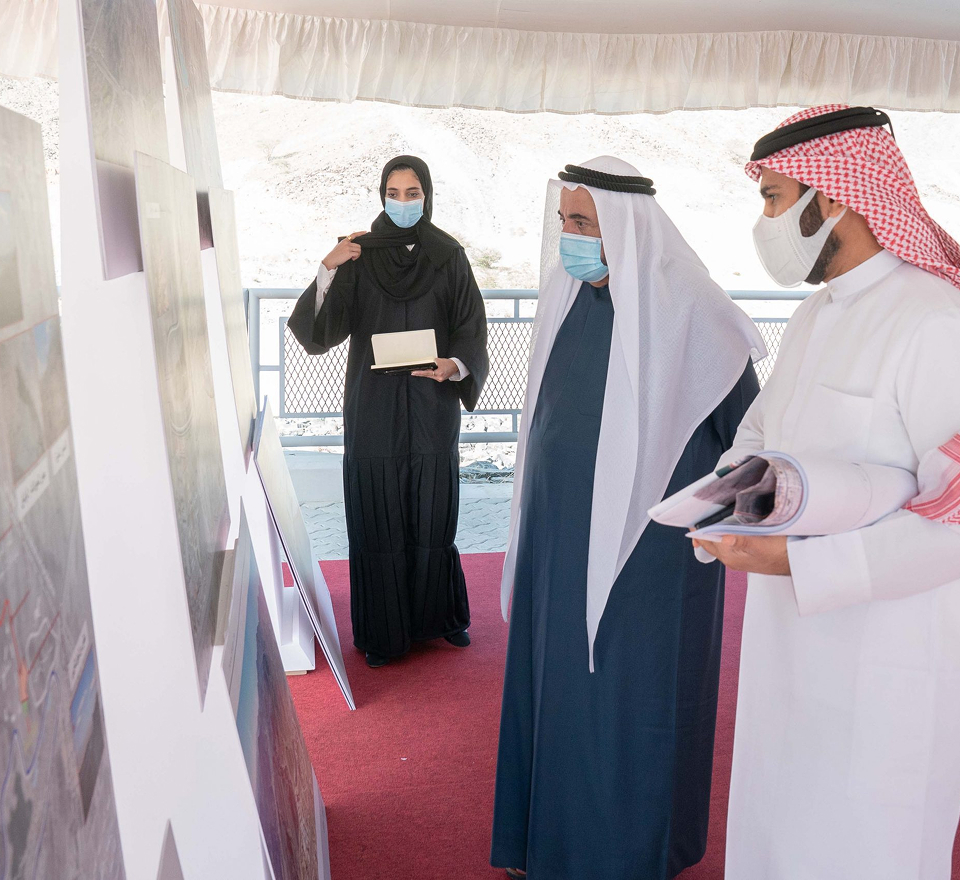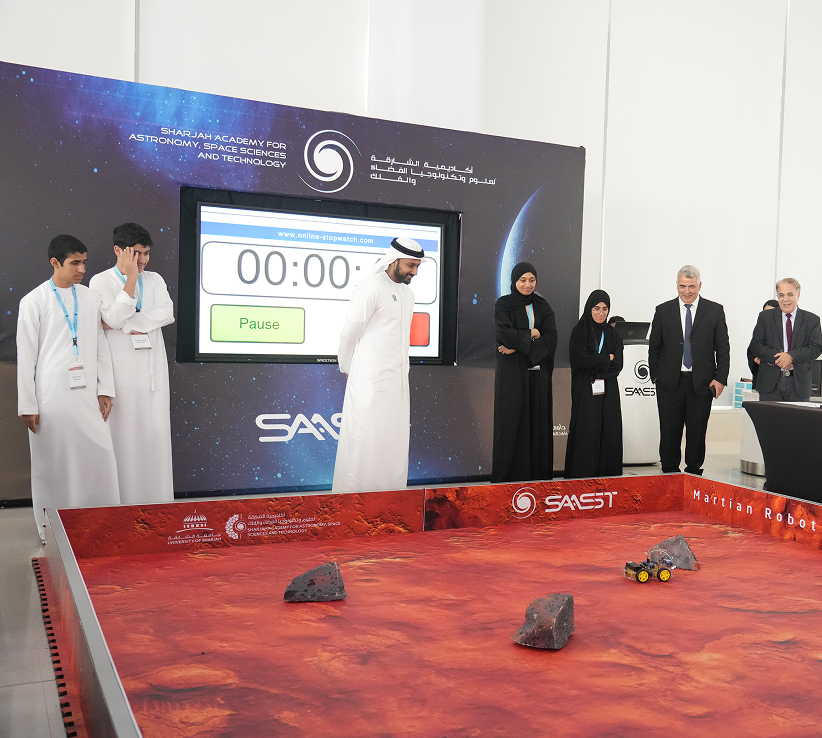
About
Al Qasimi Astronomical Observatory is planned to be a state-of-the-art facility designed to advance astronomical research and education in the UAE and beyond. It is strategically divided into two primary sites to maximize its scientific capabilities:
Al Qasimi Astronomical Observatory at Jabal Al Kitab, focusing on optical astronomy, and Al Qasimi Astronomical Observatory at Al Madam, specializing in radio astronomy. The observatory's dual-site setup enables a wide range of observational and research activities, supporting both academic initiatives and international collaborations.
Our Planned Facilities

Jabal Al Kitab (Optical)

Al Madam (Radio)

Planned Research Projects
Jabal Al Kitab (Optical)
The facility will be equipped with state-of-the-art telescopes, mounts, domes, and observatory stations, serving as a hub for high-resolution astronomical observations. It will contribute valuable data to the global scientific community. The research focus will include exoplanet and stellar observations, deep-sky imaging, satellite tracking (Space Situational Awareness) as well as lunar and planetary studies.

Al Madam (Radio)
This facility will be equipped with a sophisticated array of radio telescopes designed to conduct in-depth studies of the universe, particularly focusing on neutral hydrogen detection and other key radio sources. A development of a correlator system to enhance its capabilities is underway, which is needed to enable the array to function as a powerful interferometer for high-precision radio astronomy research. In addition to the Radio Interferometer, the site is planned to be equipped with a Solar Radio Spectrometer which will contain four highly efficient antennas to detect radio activity from the Sun at a frequency of 40 MHz

Planned Educational Programs and Public Outreach
- Offer practical workshops for students focused on data collection and analysis.
- Collaborate with research and educational institutions by sharing data to advance scientific research.
- Host workshops and provide internship opportunities for students.
